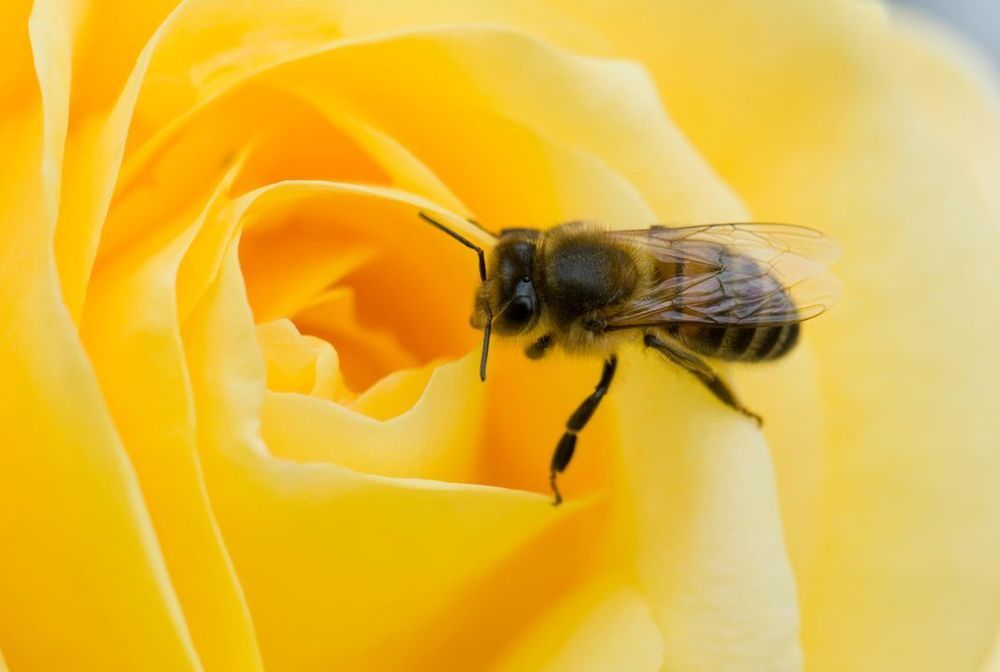Brief mention of AI implications…
As a mathematical concept, the idea of zero is relatively new in human society—and indisputably revolutionary. It’s allowed humans to develop algebra, calculus and Cartesian coordinates ; questions about its properties continue to incite mathematical debate today. So it may sound unlikely that bees — complex and community-based insects to be sure, but insects nonetheless — seem to have mastered their own numerical concept of nothingness.
Despite their sesame-seed-sized brains, honey bees have proven themselves the prodigies of the insect world. Researcher has found that they can count up to about four, distinguish abstract patterns, and communicate locations with other bees. Now, Australian scientists have found what may be their most impressive cognitive ability yet: “zero processing,” or the ability to conceptualize nothingness as a numerical value that can be compared with more tangible quantities like one and two.
While seemingly intuitive, the ability to understand zero is actually quite rare across species—and unheard of in invertebrates. In a press release, the authors of a paper published June 8 in the journal Science called species with this ability an “elite club” that consists of species we generally consider quite intelligent, including primates, dolphins and parrots. Even humans haven’t always been in that club: The concept of zero first appeared in India around 458 A.D, and didn’t enter the West until 1200, when Italian mathematician Fibonacci brought it and a host of other Arabic numerals over with him.
